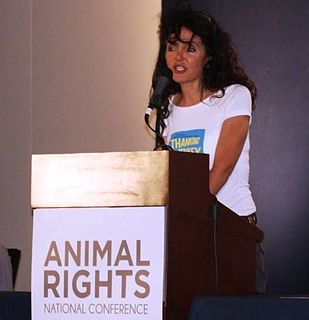A Quote by John Green
You can trust that caring, as a rule, ends poorly,” which is true. Caring doesn’t sometimes lead to misery. It always does.
Related Quotes
The kind of caring that the client-centered therapist desires to achieve is a gullible caring, in which clients are accepted as they say they are, not with a lurking suspicion in the therapist's mind that they may, in fact, be otherwise. This attitude is not stupidity on the therapist's part; it is the kind of attitude that is most likely to lead to trust.
The cure is care. Caring for others is the practice of peace. Caring becomes as important as curing. Caring produces the cure, not the reverse. Caring about nuclear war and its victims is the beginning of a cure for our obsession with war. Peace does not comes through strength. Quite the opposite: Strength comes through peace. The practices of peace strengthen us for every vicissitude. . . . The task is immense!
There are significant relationships, of course, between wanting things and caring about them..The notion of caring is in large part constructed out of the notion of desire. Caring about something may be, in the end, nothing more than a certain complex mode of wanting it. However, simply attributing desire to a person does not in itself convey that the person cares about the object he desires.
A glad welcome to this affirmation by a group of psychologists that the self does not stop at the skin nor even with the circle of human relationships but is interwoven with the lives of trees and animals and soil; that caring for the deepest needs of persons and caring for our threatened planet are not in conflict.
When we talk about the environment, about creation, my thoughts turn to the first pages of the Bible, the Book of Genesis, which states that God placed man and woman on earth to cultivate and care for it. And the question comes to my mind: What does cultivating and caring for the earth mean? Are we truly cultivating and caring for creation? Or are we exploiting and neglecting it?
Every kind of work can be a pleasure. Even simple household tasks can be an opportunity to exercise and expand our caring, our effectiveness, our responsiveness. As we respond with caring and vision to all work, we develop our capacity to respond fully to all of life. Every action generates positive energy which can be shared with others. These qualities of caring and responsiveness are the greatest gift we can offer.
When I see vegan food sold in single-use plastic containers, I get frustrated knowing that plastic is not really recycled; it is down-cycled to less and less reusable grades, and too much of it eventually ends up in the ocean - where it kills animals. Caring for animals means caring for the environment they live in, and vice versa.


































